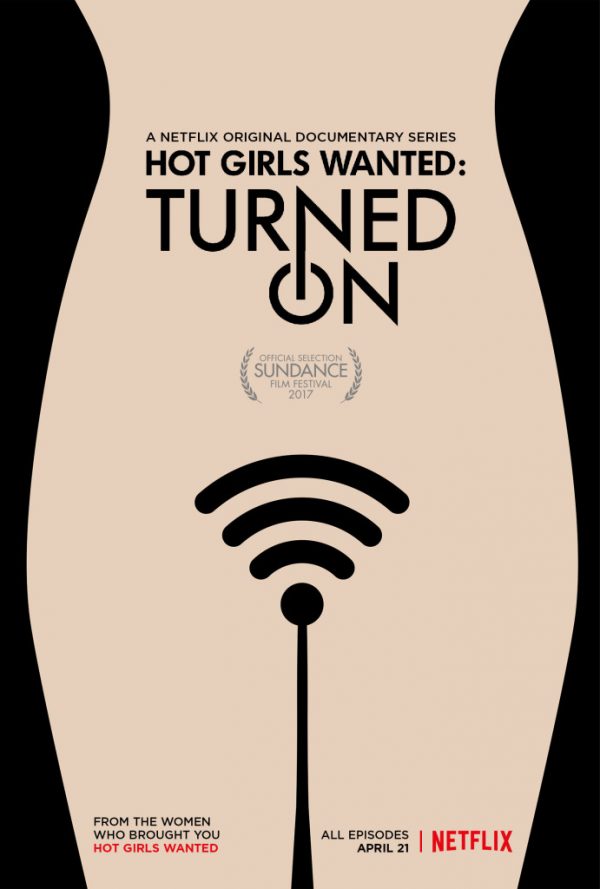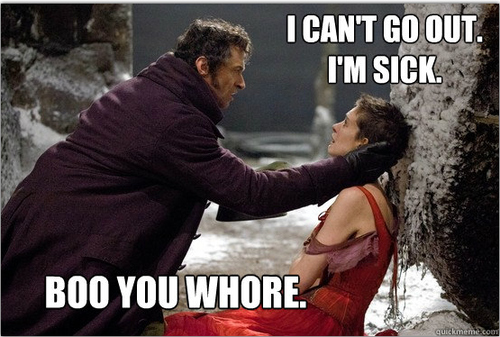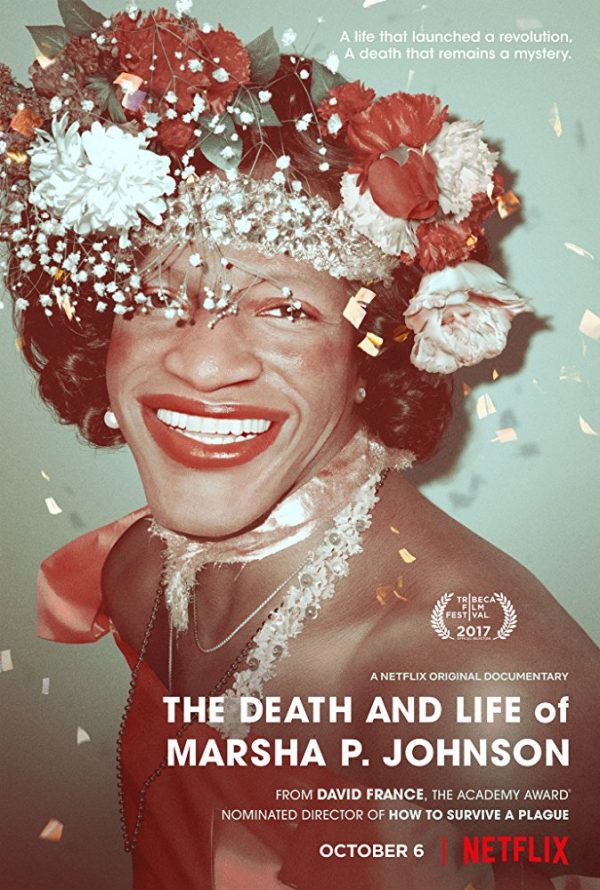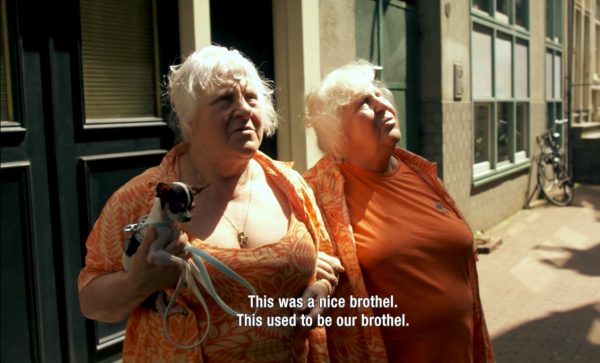Gia Paige After Hot Girls Wanted: Turned On

In a recent interview with Rolling Stone, Hot Girls Wanted: Turned On producer Rashida Jones reflected on the mistakes that were made with the original documentary: “I think that many people within the industry felt like the movie marginalized and further stigmatized sex work, which was not our intention at all.” It’s perplexing to reckon her revelation with the litany of pushback the current iteration of Hot Girls Wanted has received.
Released not even two weeks ago, the latest installment of the Hot Girls Wanted brand is already suffering some harsh criticism and accusations from within the sex industry. Some sex workers have alleged that their content was used without their consent and that they weren’t fully informed of Rashida Jones’ involvement. The Free Speech Coalition even issued a formal denouncement. I reached out to the producers, the film’s media contact, and Herzog & Company for clarification and (by the time of this post, 10AM EST) I still have not heard back.
But they weren’t afraid to talk to Variety! In an interview yesterday, it seems the other two producers may have dialed back their sympathy for marginalized sex workers. “Criticism of the series, she [producer Ronna Gradus] said, is likely fueled by sensitivity over how the industry is often portrayed in mainstream media—and that performers who have spoken out against the show may be doing so because they feel they have to. ‘The industry is very defensive about people coming in and shining a light on the industry and doing stories about it,’ she said, adding, ‘The allegations that have come out are probably the result of pressure they are feeling to stand in solidarity with the industry.’”
Gia Paige is one of the performers featured in the series. Her legal identity was exposed in the series and she alleges that the producers used her footage without her permission after she backed out. She was kind enough to respond to my queries via email.




